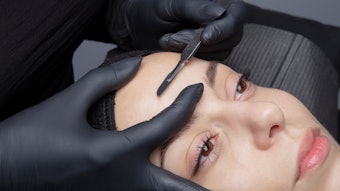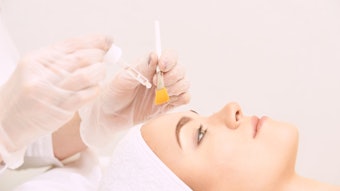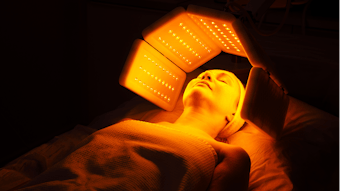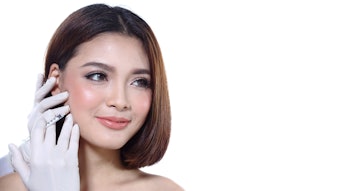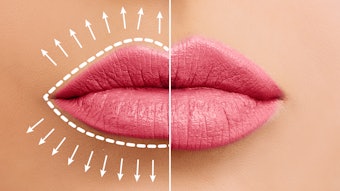
Botox injections are among the top treatments requested at the office of Julia Tzu, M.D., of Wall Street Dermatology in New York—and she advocates the treatment as a certain type of wrinkle preventative measure for clients who have reached the age of 30.
In this exclusive interview with Skin Inc., Tzu discusses how Botox* can be used as an early wrinkle treatment and when to begin the Botox conversation with clients.
Skin Inc.: At what age do you think you should start speaking with clients about Botox?
Dr. Tzu: Patients in their late 20s often initiate the conversation with me regarding Botox. I personally do not initiate the Botox conversation until patients reach their third decade.
Starting Botox at an early age prevents dynamic wrinkles from becoming static wrinkles ... -Dr. Julia Tzu
S: Why do you advocate to start using Botox at 30?
T: The earlier you start Botox, the less your wrinkles become deeply ingrained in the skin later on in life. Yes, Botox can be used to prevent specific types of wrinkles (dynamic wrinkles from muscle overactivity) from forming. Starting Botox at an early age prevents dynamic wrinkles from becoming static wrinkles, which usually forms with time as a result of chronic activity of the muscles underneath the skin.
S: What percentage of your patients 30 and under come into your practice and ask for this treatment?
T: 20%
S: How can you introduce Botox to a young client without making her feel older?
T: [You can say] "prevention is always better than correction!"
S: There's a Botox-like facial where Argireline and Myoxinol work together to create a myorelaxant action. Have you used this on patients and how does it compare to traditional Botox?
T: While there may be some topical products that can relax the facial muscles, delivery of Botox in precise and controlled amounts in exact locations via injection allows for exact manipulation of the facial musculature and prevents untoward side effects of unwanted or excessive muscular relaxation. The goal with Botox injections is to relax specific portions of specific facial muscles and retain normal activity in other facial muscles. Botox injections require knowledge of the interdynamics between facial muscles.
S: Is Botox most effective on a certain skin type?
T: Not to my knowledge.
S: Who shouldn't use Botox?
T: Patients who are pregnant, breastfeeding, have a history of neuromuscular diseases, or have had previous allergic reactions to Botox.
S: What do you typically advise clients to do after their treatments and how long do typical treatments last?
T: Do not exercise for the next 24 hours, and do not lie down for the next five hours. Treatments last for approximately three months.
These are just a few things to keep in mind when you begin the conversation about Botox treatments with your clients. Education is key and "keep an eye out for the approval of topical Botox from Revance in the near future," Tzu said.
Julia Tzu, M.D. is a double board certified dermatologist who specializes in cosmetic dermatology, Mohs surgery (for skin cancer), reconstructive skin surgery and laser surgery. She is one of very few dermatologists in the world, and the only one in Manhattan, who has devoted additional years of formalized fellowship training in both Mohs surgery as well as dermatopathology. She is a member of the American Academy of Dermatology, the American Society of Dermatologic Surgery, the American College of Mohs Surgery, and the Women’s Dermatologic Society.
*Botox is a registered trademark of Allergan.


